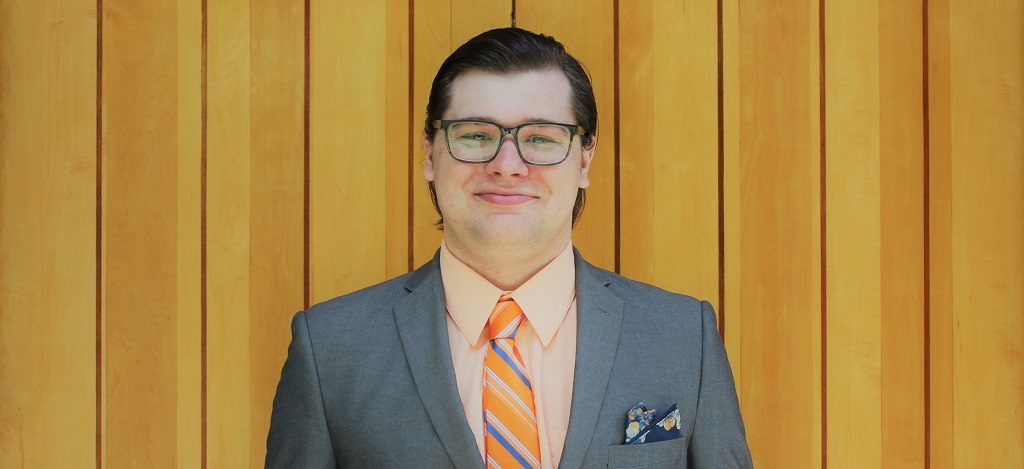On March 4, 2019, the Supreme Court issued two unanimous rulings that settle questions of copyright law. In the first, the Court held that copyright owners must wait to file suit until after their application for copyright registration has been approved. In the second, the Court held that full costs may not extend beyond the six categories listed in the general costs statute unless expressly authorized by another statute.
Fourth Estate Public Benefit Corp. v. Wall-Street.com
In a unanimous opinion by Justice Ginsburg, the Supreme Court addressed an issue involving Section 411(a) of the Copyright Act, which requires preregistration or registration of the copyright claim to be made before a copyright owner may file an infringement action. The question was whether a registration is made when it is filed or when it is approved.
Previously, the Fifth and Ninth Circuits followed the “application approach” which allowed copyright owners to file suit after merely applying for registration and before that application was reviewed. On the other hand, the Tenth and Eleventh Circuits required an application to be approved before filing suit. The Supreme Court agreed with the latter interpretation, so copyright owners must now wait for registration to be approved before bringing suit for copyright infringement.
In this case, articles licensed from Fourth Estate were not removed from Wall-Street.com after the licensing agreement between the two parties was cancelled. Fourth Estate sued before its registration was approved, and Wall-Street.com challenged.
Some relevant entities in the media and entertainment industry argued that a registration requirement ensures a public record of ownership is maintained. While others, including The Authors Guild, publishers, and record labels, argued that a mere application should be sufficient, since requiring otherwise would cause unnecessary delay that detrimentally impacts a copyright owner’s ability to seek judicial relief when infringement of an unregistered work occurs.
The Court admitted that registration processing times have increased dramatically over the years. (The current average wait time is about seven months.) However, to lessen the risk of piracy before an application is processed, the Court pointed out that “an infringement suit” may still be filed “before undertaking registration … if a copyright owner is preparing to distribute a work of a type vulnerable to predistribution infringement” through the preregistration process.
Rimini Street, Inc. v. Oracle USA, Inc.
In a unanimous opinion by Justice Kavanaugh, the Supreme Court addressed an issue involving Section 505 of the Copyright Act, which gives courts the discretion to award the full costs of a copyright suit. The question was whether full costs extend beyond those six categories of costs expressly listed in 28 U.S.C. § 1821 and 28 U.S.C. § 1920.
In this case, the Ninth Circuit Court of Appeals awarded $12.8 million to Oracle covering litigation expenses which fall outside the costs enumerated in the general costs statute. The Supreme Court reversed the lower court’s decision and held that full costs available in copyright suits do generally not extend beyond the costs in the above statutes.
However, the Court also pointed out that Congress may provide additional costs collectible in subject-specific lawsuits beyond those expressly listed in the general costs statutes. For example, parties that successfully bring a copyright suit may collect attorney’s fees, since the legislature has expressly authorized such extensions by statute. Likewise, Congress has enacted laws that expressly provide reimbursement for expert witness fees in certain subject-specific lawsuits. “But absent such express authority, courts may not award litigation expenses that are not specified in sections 1821 and 1920.”
About: DJ turned JD highlights the latest legal updates in the entertainment and media industries, intellectual property, the internet and social media. The blawg is compiled and curated by Bobby Desmond, an attorney licensed to practice in New York. After working as a radio personality, Bobby worked as a legal intern at PBS with America’s Public Television Stations in Arlington, VA and at AMC Networks in New York, NY. He graduated from the University of Florida Levin College of Law in May 2018.
